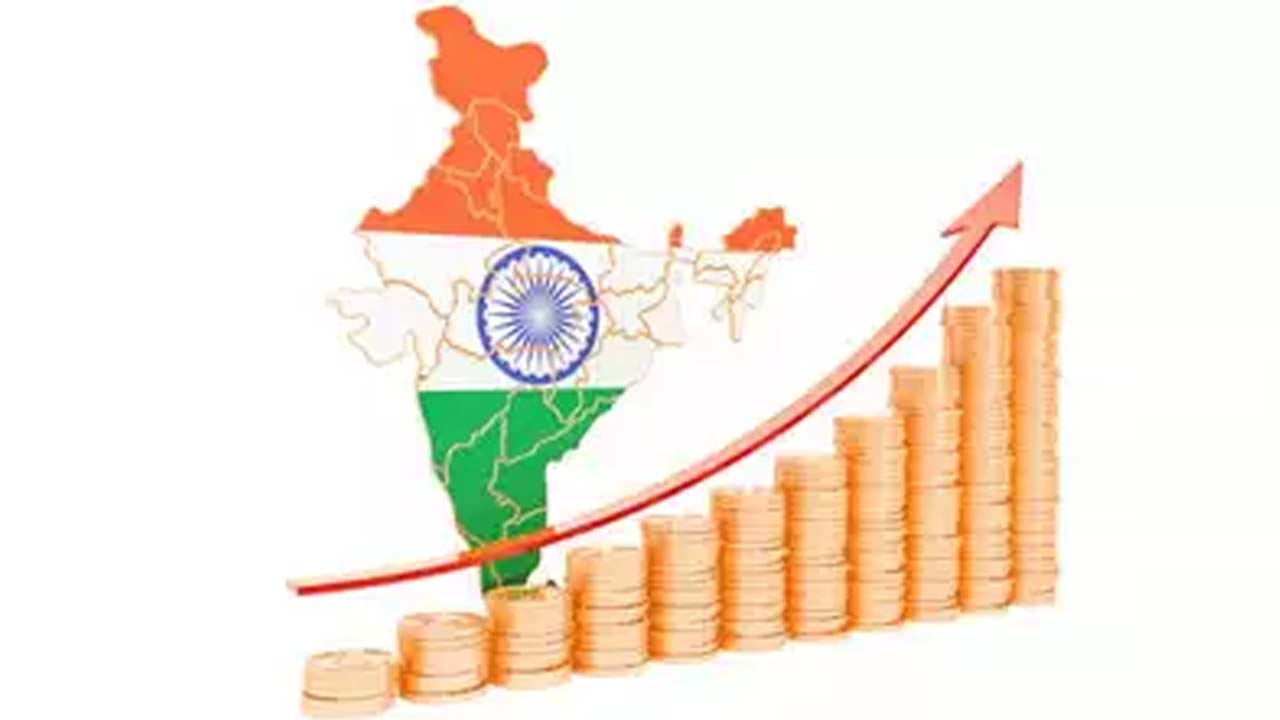
A recent report by CLSA highlights that India is one of the markets that was least impacted by former U.S. President Donald Trump's trade policies. The country's resilience is attributed to factors such as its limited trade exposure to the U.S., manageable corporate debt levels, and decreasing foreign equity ownership.
India is standing out as one of the least vulnerable markets in the region regarding the effects of Donald Trump's trade policies, according to the global brokerage firm CLSA.
The report identifies India's relatively low trade ties with the U.S. as a key factor, alongside corporate leverage that is under control and declining foreign ownership of equity. While other markets may face heightened risks, India is well-positioned to navigate these challenges.
India seems to be one of the regional markets least affected by the adverse effects of Trump's trade policies. Additionally, if energy prices remain stable, India could offer a stable environment for foreign exchange in an era of a stronger U.S. dollar," the report states.
In light of these factors, CLSA has reversed its tactical overweight on China, instead increasing its allocation to India with a 20% overweight. In October, we revised our tactical allocation by realigning with the benchmark for China and increasing our investment in India to 20%," the firm stated.
One of the factors contributing to India's economic stability is its capacity to maintain relatively stable foreign exchange rates, especially as long as global energy prices remain steady. Despite the strengthening U.S. dollar, India remains an appealing destination for investors seeking a safer haven from volatility in other markets.
The report also observes that foreign investors have been net sellers in India since October, but this has not dampened the strong domestic investor sentiment, which continues to thrive and compensate for foreign outflows.
Many foreign investors see this dip in the market as an opportunity to address their underexposure to India. While valuations may be slightly high, they are gradually becoming more attractive.
"India has experienced strong net foreign selling since October. However, investors we have spoken with this year are specifically waiting for this moment as a buying opportunity to address their underexposure to the country," the report notes.
A significant risk to Indian equities is the potential for an overwhelming volume of new stock issuances. The total 12-month issuance currently stands at 1.5% of the market capitalization, a threshold often seen as a critical point that could put pressure on the market.
Additionally, India stands to benefit from the ongoing shift in U.S. investment strategies, as companies implement "China plus one" policies to diversify their supply chains away from China. This trend could enhance foreign investment in India, further reinforcing its economic resilience.
Nominations for ET MSME Awards are now open. The last date to apply is November 30, 2024. Click here to submit your entry for any of the 22 categories and stand a chance to win a prestigious award.





















